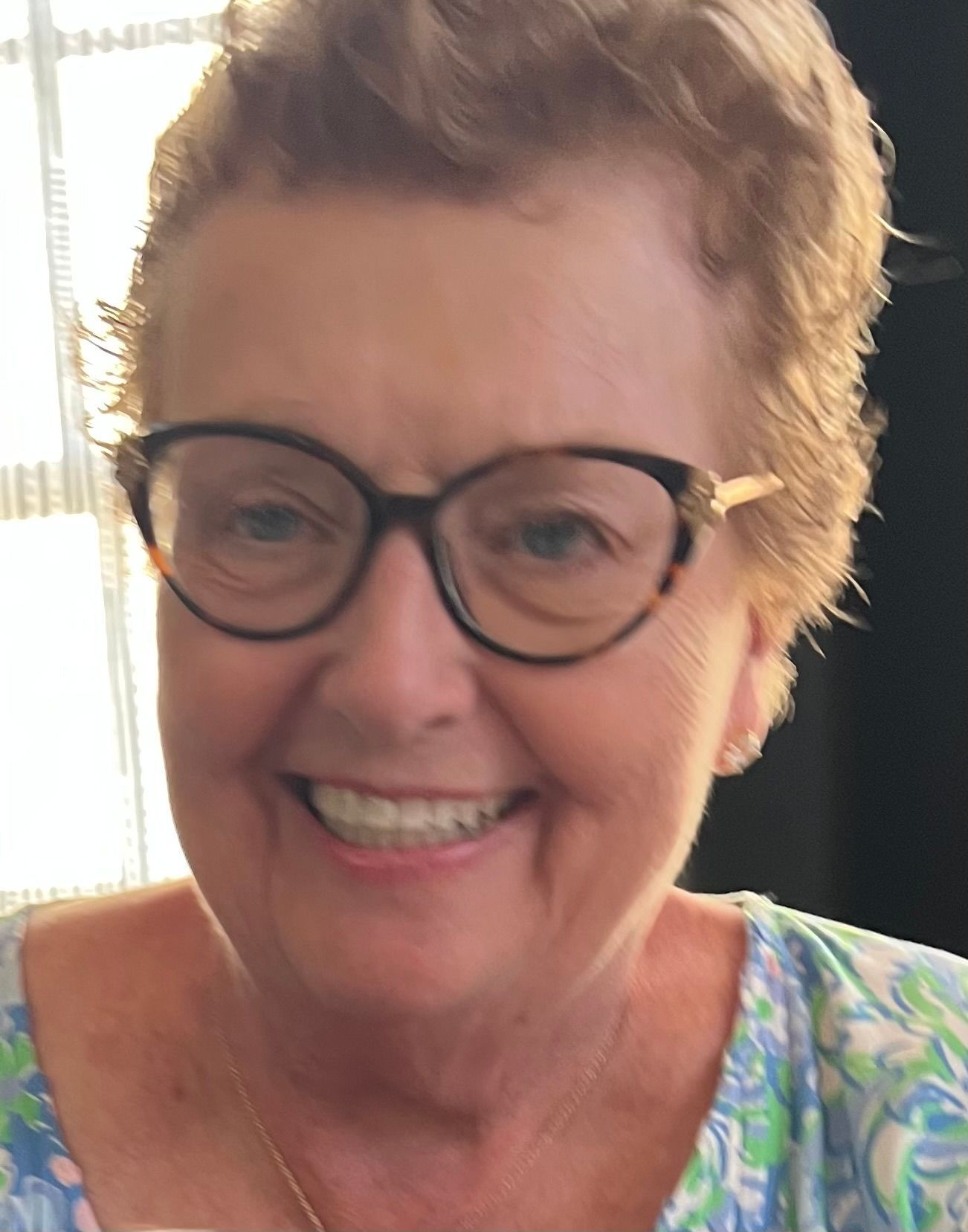Faces of HCM
Rosemary Conlon
Rosemary had been a cardiac nurse years before her own diagnosis of hypertrophic cardiomyopathy (HCM), yet she had never even heard of the condition until she was told she had it.

Rosemary had been a cardiac nurse years before her own diagnosis of hypertrophic cardiomyopathy (HCM), yet she had never even heard of the condition until she was told she had it.
Her diagnosis came after a life-threatening event. One morning, while following her usual routine of the treadmill, shower, and answering emails, she went into the garage to look for something and suddenly felt lightheaded and her heart started racing. She decided to put her head down, which is how her husband found her. Her husband worked for the NYPD and was an EMT and when he couldn’t take her pulse, he called an ambulance.
On the way to the hospital, Rosemary recalls hearing the EMTs say she had atrial tachycardia with a heart rate of 220 bpm. Moments later, she told her husband, “I think I am going to take a nap,” and passed out. She progressed from atrial tachycardia into ventricular fibrillation, a non-life-sustaining arrhythmia. As she describes it: “I had a couple of minutes and then I was gonna be dead.” She remembers hearing the doctors say, “Everyone step away from the stretcher.” She wasn’t worried, even as they shocked her heart. She says, “I went flying off the stretcher and a thousand little lights went off in my head.”
Only after this event did the doctors begin investigating the cause. Imaging showed that her heart wall was thickened, and she was diagnosed with Hypertrophic Cardiomyopathy. Despite her cardiology background, Rosemary had no idea what it was. She was told she needed a defibrillator implanted and that her family should be tested.
At first, she only thought about her siblings. Her brother was diagnosed with HCM, while her sister was told she didn’t have it. Years later, however, her sister became symptomatic and was ultimately diagnosed with atypical HCM. Rosemary stresses that her sister’s initial negative test result highlights the importance of being treated by HCM specialists. Had her sister seen one earlier, the diagnosis might not have been missed. Today, her sister has a defibrillator. Her brother also has HCM, and one of his children inherited it. Rosemary worries about her own two sons, one of whom has HCM and received a defibrillator at 19 years old.
The turning point in Rosemary’s journey came when she met a doctor at her local Center of Excellence, who, through the Hypertrophic Cardiomyopathy Association, introduced her to genetic testing. Her family’s HCM gene was identified and traced to her mother’s side, prompting her to urge relatives in rural Ireland to be screened. While genetic testing wasn’t available, many received echocardiograms. As Rosemary pieced together her family history, she realized that several sudden deaths and misdiagnosed conditions, such as fainting episodes mistaken for epilepsy, were likely due to undetected HCM. She now believes multiple family members were lost to the disease without knowing they had it.
In her own life, Rosemary has managed well with the disease. She feels lucky she wasn’t alone during her cardiac arrest, as she might not have survived. She adapted quickly to living with a defibrillator, which she credits as “one of the best inventions in cardiology.” Hers has only gone off once, delivering an appropriate shock. She also received stents after significant coronary artery blockages were discovered and took clopidogrel for the stents and Eliquis for atrial fibrillation. Thankfully, her afib is well controlled.
Rosemary continues to advocate strongly for specialized HCM care. She is an HCMA Board Member and the Chair of the HCMA’s Elizabeth T. McNamee Legislative Committee. According to Rosemary, poorly managed HCM can progress to congestive heart failure, which, while not always fatal, is debilitating and costly. Rosemary states that “If we can manage HCM patients properly, we can avoid the enormous burden on our healthcare system.”
Rosemary’s story shows how HCM often goes undiagnosed until tragedy strikes, with family members lost to sudden cardiac arrest or misdiagnosed with unrelated conditions. The HCMA’s proposed legislation, the Children’s Cardiac Safety Act (CCSA), would require the collection of children’s cardiac histories during routine physicals, expands screenings and educates children and families on the symptoms and signs of sudden cardiac arrest, and professional development for members of the medical community who perform these examinations. The CCSA would help identify warning signs earlier, connect families with specialized care, and prevent avoidable deaths. By implementing the CCSA, physicians and parents will become better educated at identifying symptoms of cardiac conditions, leading to more advanced monitoring. For Rosemary and countless others, this legislation represents hope, not only for better outcomes today, but for protecting future generations from the silent risks of inherited cardiac conditions.


 Translate
Translate